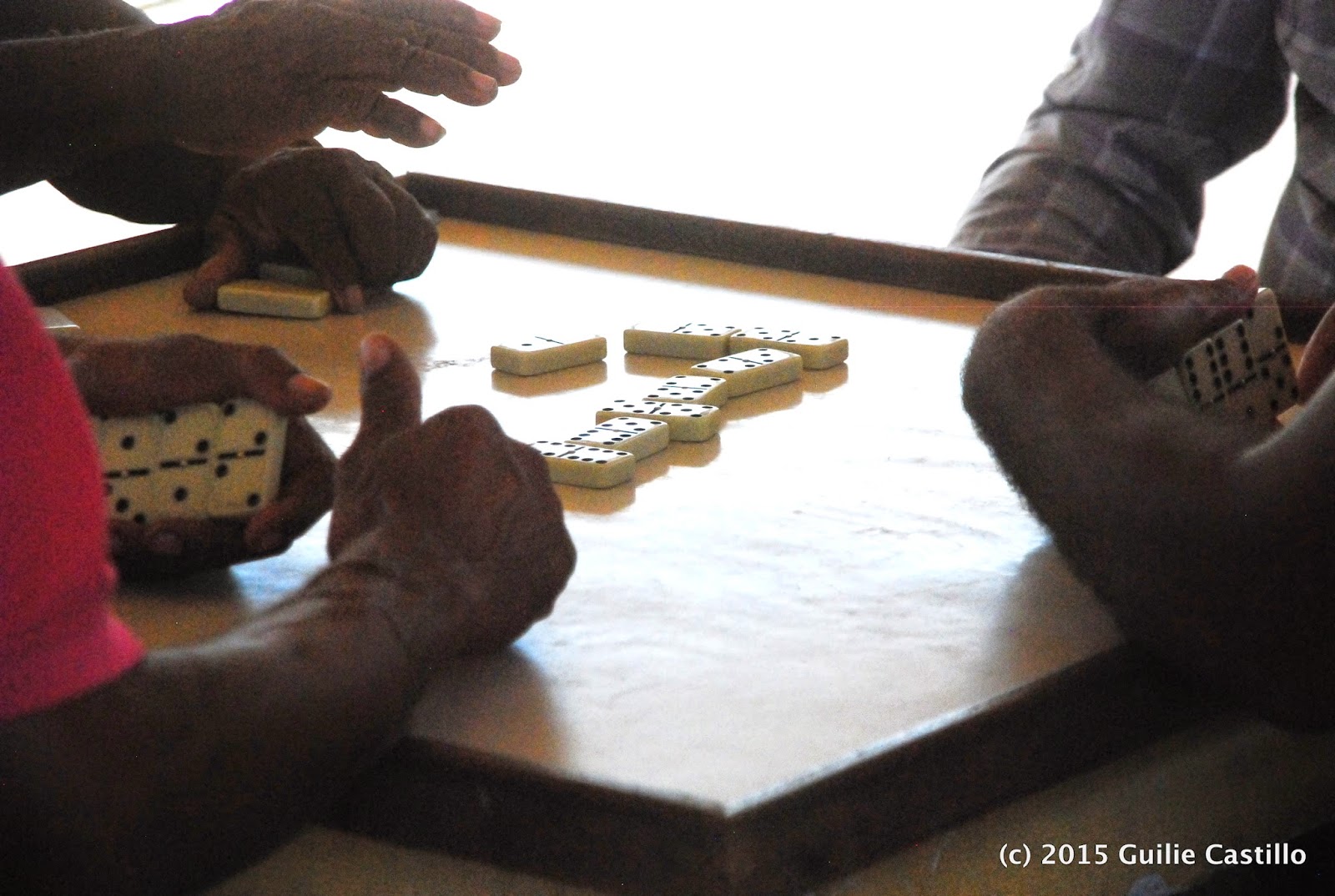X-ing
In Curaçao, crossings are one of the many quirks used to trap us foreigners into hilarious clueless entertainment for locals.
| Roundabout in Otrobanda |
And then there's the plénchi di tráfiko.
And get honked all the way to Banda Abou.
In a plénchi di tráfiko it's traffic from the right that has preference. So as I enter I have preference, but then I must yield to the next intersecting road -- because it's coming from my right.
(It took me a good two years to learn that, because there are no signs.)
Yu di Kòrsou
[YOU-dee-course-OW]
Literally: young (as in "child") of Curaçao
 |
| Yu di Kòrsou, shortened to YDK, has become ubiquitous. "United we stand," reads the caption. |
But the opposite is also true. If you're critical of the lifestyle, if you don't like Curaçao food, if you're no fan of Carnaval or Sèu or the tumba festival or if you don't like tambú, or if you just think differently -- what some would call out of the box -- then it doesn't matter if you were born in Curaçao and have lived all your life here. You'll still find yourself seldom being referred to as a yu di Kòrsou. Especially if you're white. And if your skin is dark, then you'll more often hear the pariah term of black macamba (wigger, but in reverse).
And last but certainly not least:
zjogoro
[zhoh-GOH-roh]
English: hangover
Perhaps the most important addition to your vocabulary if you ever visit Curaçao ;)
This is it, the end of the #AtoZChallenge. I've had a blast researching for these posts, and I hope you've enjoyed them -- and, besides learning some funky expressions, gained a bit of insight to this cultural melting-pot of an island I've chosen to call home. It's been a pleasure to share Curaçao with you.
Te aki ratu, dushi hende!
Okay, we'll use that phrase as the last bonus question of the series. No hints... well, just one. In English, the equivalent is often paired with alligator :)
(Find updates on the giveaway here, and come back on May 8th for the announcement of the three winners of THE MIRACLE OF SMALL THINGS, a collection of short stories set in Curaçao.)


















